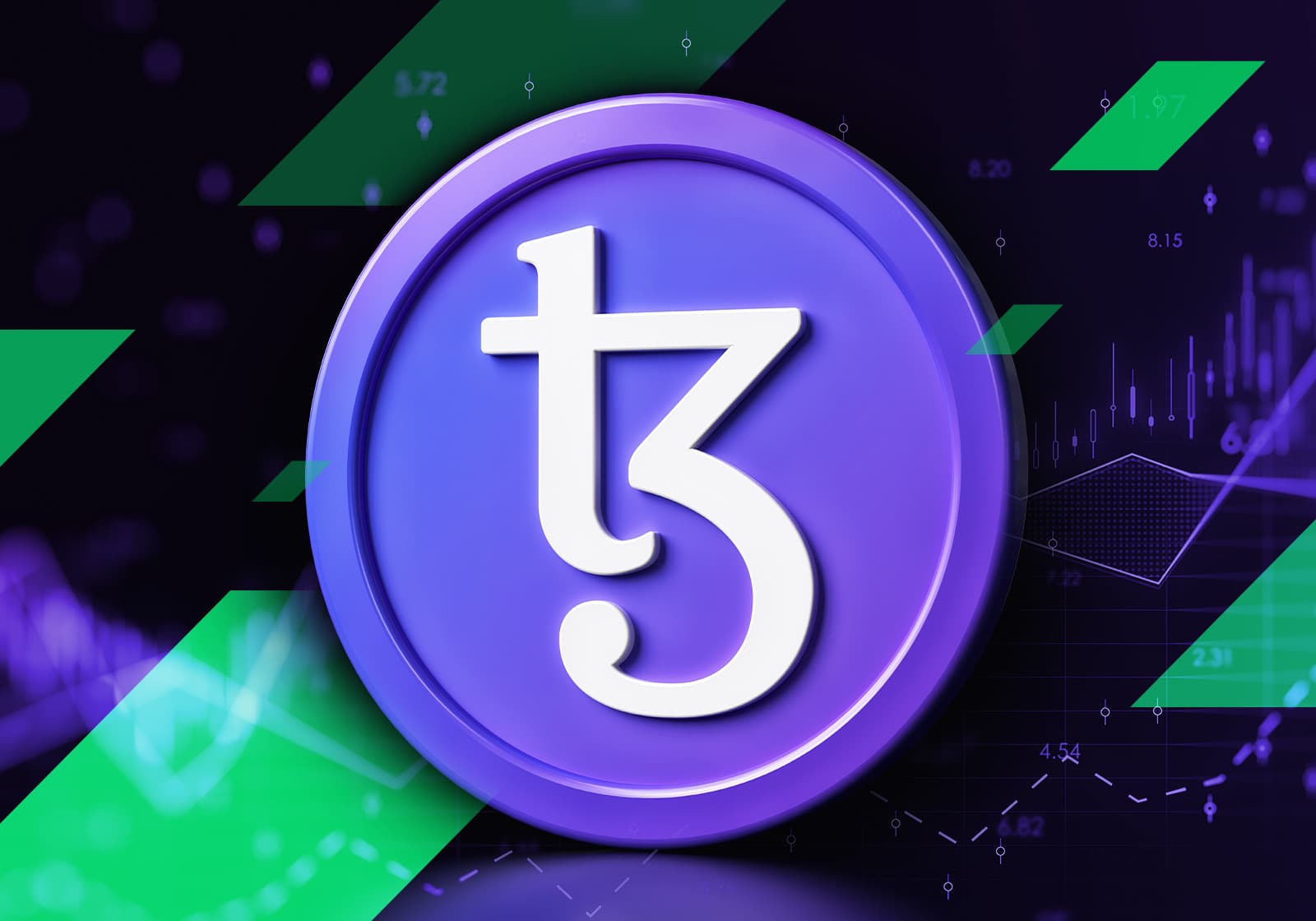ChatGPT-coded smart contracts may be flawed, could ?fail miserably? when attacked: CertiK
While ChatGPT is a powerful tool, it is important to be aware of the potential risks of using it to code smart contracts.

Smart contracts are self-executing contracts with the terms of the agreement between buyer and seller being directly written into lines of code. They are stored on a blockchain network and can be executed automatically without the need for a third party.
Smart contracts are still a relatively new technology, and there have been a number of high-profile hacks and scams involving smart contracts in recent years. One of the main reasons for this is that smart contracts can be complex and difficult to code correctly.
A new tool called ChatGPT has been developed that can be used to generate code for smart contracts. ChatGPT is a powerful tool, but it is important to be aware of the potential risks of using it to code smart contracts.
What is ChatGPT?
ChatGPT is a large language model chatbot developed by OpenAI. It can generate text, translate languages, write different kinds of creative content, and answer your questions in an informative way.
ChatGPT can also be used to generate code for smart contracts. To do this, users simply need to provide ChatGPT interviews with a natural language description of the smart contract they want to create. ChatGPT will then generate the code for the smart contract.
The risks of using ChatGPT to code smart contracts
While ChatGPT is a powerful tool, it is important to be aware of the potential risks of using it to code smart contracts.
One of the main risks is that ChatGPT may not be able to generate code that is free of bugs. This is because smart contracts are complex and difficult to code correctly. Even a small bug in a smart contract can be exploited by hackers, leading to the loss of funds.
Another risk is that ChatGPT may not be able to generate code that is secure against all possible attacks. Hackers are constantly developing new attack vectors, and it is difficult for ChatGPT to keep up with these developments.
What CertiK says
CertiK is a blockchain security firm that has audited over 1,000 smart contracts. In a recent interview, CertiK's chief security officer, Kang Li, warned that ChatGPT-coded smart contracts may be flawed and could "fail miserably" when attacked.
Li explained that ChatGPT is not able to pick up logical code bugs the same way that experienced developers can. He also suggested that ChatGPT may create more bugs than it can identify.
What to do if you are considering using ChatGPT to code smart contracts
If you are considering using ChatGPT to code smart contracts, it is important to be aware of the potential risks involved. You should only use ChatGPT to code smart contracts if you are confident that you can understand and audit the code that it generates.
It is also important to have your smart contracts audited by a reputable security firm before deploying them. This will help to identify any potential bugs or security vulnerabilities.
ChatGPT is a powerful tool that can be used to generate code for smart contracts. However, it is important to be aware of the potential risks of using ChatGPT to code smart contracts. You should only use ChatGPT to code smart contracts if you are confident that you can understand and audit the code that it generates. It is also important to have your smart contracts audited by a reputable security firm before deploying them.
Additional tips for coding secure smart contracts
- Use a well-established programming language for smart contracts, such as Solidity or Vyper.
- Write clear and concise code that is easy to read and understand.
- Avoid using complex logic and control flow statements.
- Test your smart contracts thoroughly before deploying them.
- Have your smart contracts audited by a reputable security firm.
By following these tips, you can help to reduce the risk of your smart contracts being hacked or exploited.
What's Your Reaction?















